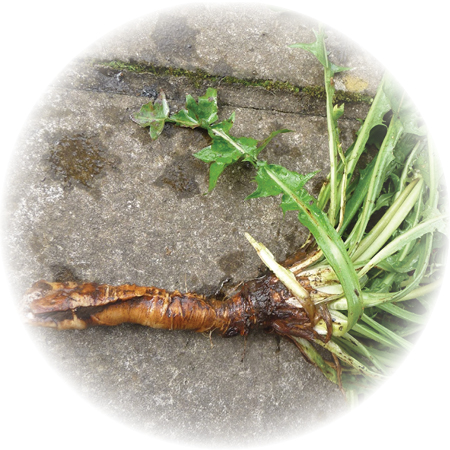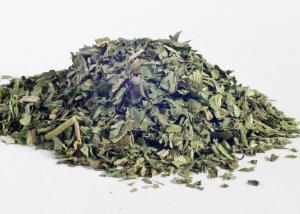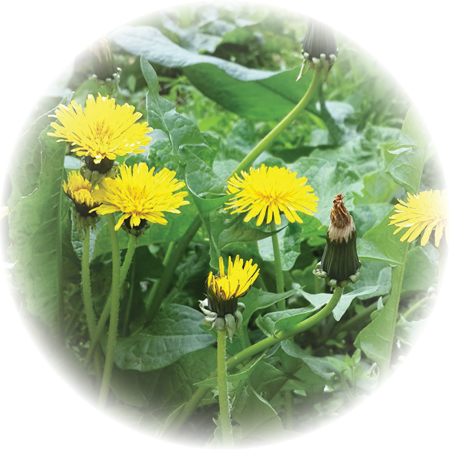Dandelion Root Roasted (Taraxacum officinalis) – Dried Herb, Organic
$21.51 – $215.10
Dandelion is a weedy perennial herb of the genus Taraxacum native to Eurasia and northern Africa, but widespread and naturalized throughout much of temperate North America and the rest of the world. Dandelion grows everywhere, and is wild collected in a variety of climates, even in the Himalayas up to about 12,000 feet, where it is often gathered for use in Ayurvedic medicine.
The most familiar species is T. officinale, which bears a sun-yellow flower head that is actually composed of hundreds of tiny flowers typical of the Asteraceae family. It closes in the evening or during cloudy weather and opens back up in the morning, much like its cousin calendula. Dandelion leaf is collected before flowering and the root is collected in autumn or whenever its inulin content is the highest.
In French, Dandelion is pissenlit, a noun composed of a conjugated form of the verb pisser, to piss; the preposition en, meaning in; and the noun lit, denoting bed (to piss in bed), because this plant was formerly well known for its diuretic properties. In the southwestern United States, in Spanish speaking communities practicing herbalism, Dandelion is called ‘diente de leon’, meaning lion’s tooth.
In Traditional Chinese Medicine (TCM) it is referred to as ‘Xin Xiu Ben Cao’ or ‘Pu Gong Ying’ and considered to be energetically sweet, drying and cooling. According to TCM, dandelion clears heat from the liver and has a beneficial effect on the stomach and lungs, and it can uplift the mood and support lactation.
The root was listed as official in the United States National Formulary, in the pharmacopeias of Austria and the Czech Republic, in the Ayurvedic Pharmacopoeia, and the British Herbal Pharmacopoeia amongst others. Dandelion Root is rich in a prebiotic fiber called inulin. Inulin, also found in foods like Chicory Root, Mexican Yam, and Jerusalem Artichoke, enhances the gut’s production of friendly bacteria. Dandelion Root’s benefits to the digestive tract is twofold because of the inulin and as a bitter digestive tonic which tones the digestive system and stimulates the appetite.
In the United States, various indigenous cultures considered dandelion to be a prized edible, a gastrointestinal aid, a cleansing alterative, and a helpful poultice or compress. The Bella Coola from Canada made a decoction of the roots to assuage gastrointestinal challenges; the Algonquian ate the leaves for their alterative properties and also used them externally as a poultice. Additionally, the Aleut steamed leaves and applied them topically to sore throats. The Cherokee believed the root to be an alterative as well and made a tea of the plant (leaves and flowers) for calming purposes. It is interesting to note that dandelion was used by the Iroquois as well. They made a tea of the whole plant, and also considered it be an alterative tonic.
Dandelion Root was used initially as an additive to coffee by pharmacists in 19th Century England, but it soon gained popularity as a beverage worthy of its own cup. It consisted of powdered dandelion root, so as to give it something of the character of ground coffee or cocoa. Homesteaders in rural Canada also fell hard and fast for the drink’s delightful taste and simple procurement.
Properties:
The energetics and taste of Roasted Dandelion Root are cooling, drying, bitter, nutty and sweet. Dandelion root has an affinity towards the kidneys, bladder, digestive system, liver, gallbladder, spleen, blood, skin and musculoskeletal system. To make a coffee substitute combine Roasted Dandelion Root with roasted Chicory Root, Chaga and/or Cinnamon Bark.
How to use:
1 teaspoon of Roasted Dandelion Root to one cup of boiling water. Steep for 15 minutes, strain and drink up to three cups a day.
Cautions & contraindications:
If you are allergic to ragweed, chrysanthemums, marigold, chamomile, feverfew, yarrow, or plants in the Asteraceae family (such as sunflowers and daisies), you should avoid Dandelion Root as it may trigger rash, watery eyes and other allergy symptoms. Dandelion also contains iodine and latex, so avoid it if you have allergies to either of these substances.
This information is for educational purposes only and is not intended to diagnose, treat or cure any disease or illness. Please consult your healthcare provider prior to the use of this product if you are pregnant, nursing, taking medications or have a medical condition. Individual results may vary.




Reviews
There are no reviews yet.